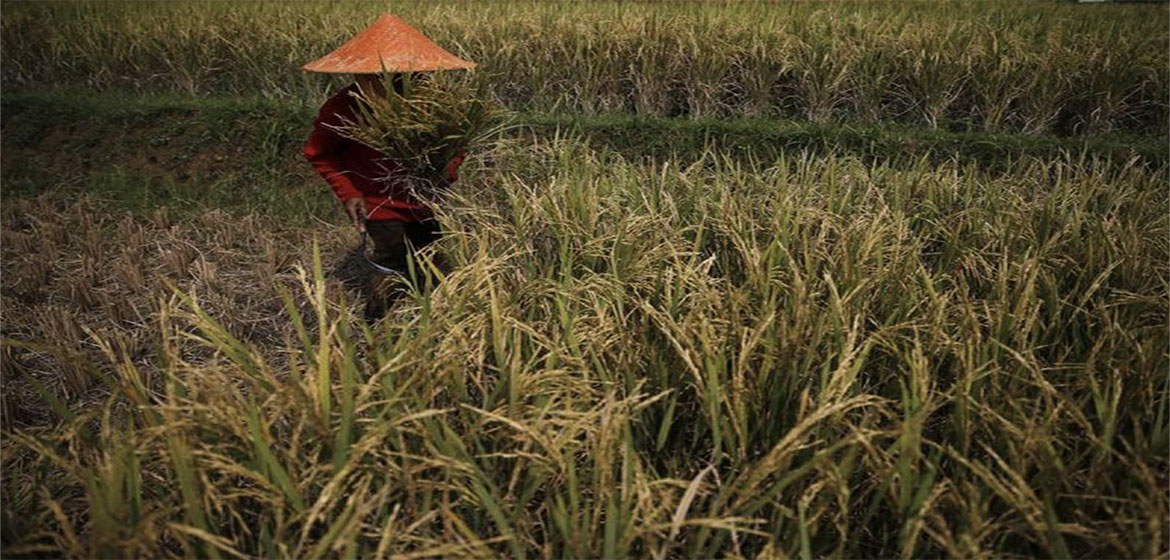Agrarian reform seeks to issue titles to the landless and raise farm incomes
By Rina Chandran
Indonesian officials touted a new agrarian reform law as a major step forward in an ambitious land distribution programme, but activists warned on Wednesday that the plan will fail without legally recognising the territorial rights of indigenous people.
President Joko Widodo this week signed a decree on agrarian reform, which seeks to issue titles to the landless and raise farm incomes. The government aims to register all land in the country by 2025.
"The president has clearly stated that redistribution of land to peasants and indigenous people is a priority," said Moeldoko, chief of staff to Widodo.
"We are accelerating land reform," he said at a land conference in Bandung, the capital of Indonesia's West Java province.
Officials distributed more than five million land titles last year, said Moeldoko, who uses only one name. The government aims to issue seven million titles this year, and nine million next year.
Campaigners welcomed government efforts to fight poverty through land distribution, but they said success largely depends on passing draft legislation on indigenous title.
"They should immediately pass the indigenous peoples' bill, which recognises the customary and collective rights of indigenous people over land and resources," said Rukka Sombolinggi of the indigenous peoples' group AMAN.
The agrarian reform law comes as the Indonesian government implements a historic 2013 Constitutional Court ruling that removed customary forests from state control and formalised local peoples' rights over them.
Widodo has vowed to return 12.7 million hectares of land to indigenous people and rural communities. As of 2017, rights to about 1.9 million hectares of forest land have been handed over.
Redistribution is being hampered by the government's insistence on providing titles only if land ownership can be considered "clean and clear", which excludes conflicted areas and those where ownership is disputed, activists say.
The government must engage more with civil society groups to resolve such issues, said Iwan Nurdin of the peasants' rights group KPA.
He added that passing the indigenous peoples' bill would provide an avenue to clear legal title for much of the country's disputed land - an important step towards achieving the aims of the agrarian reform law that Widodo approved this week.
"The decree is an important step, but the government must legalise the rights of indigenous people to land in conflict areas to realise its objective," he told the Thomson Reuters Foundation.
"Otherwise the bill cannot bring about genuine reform."
Source:
Related to SDG10: Reduced inequalities and SDG 16: Peace, justice and strong institutions



